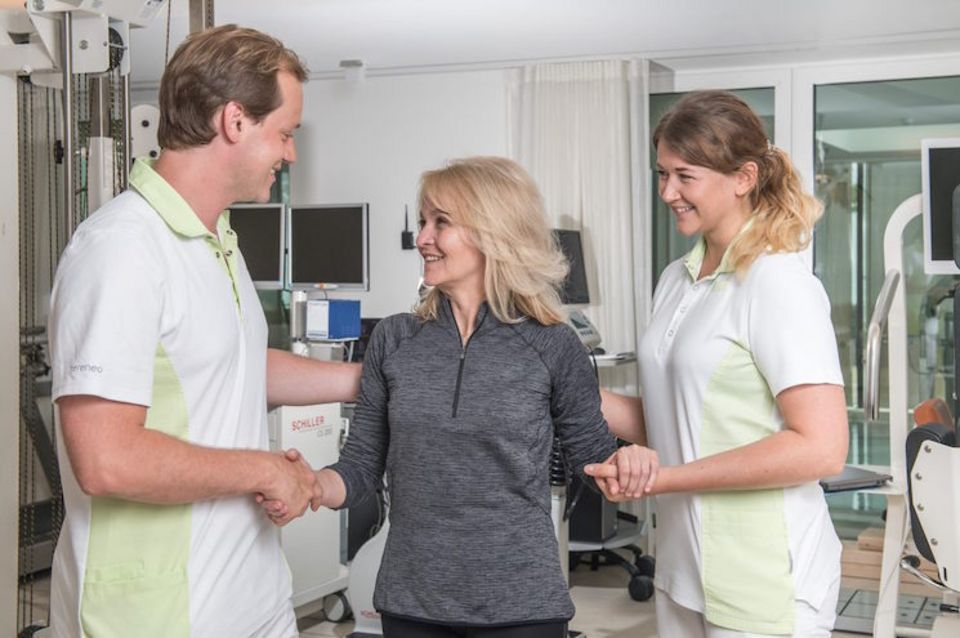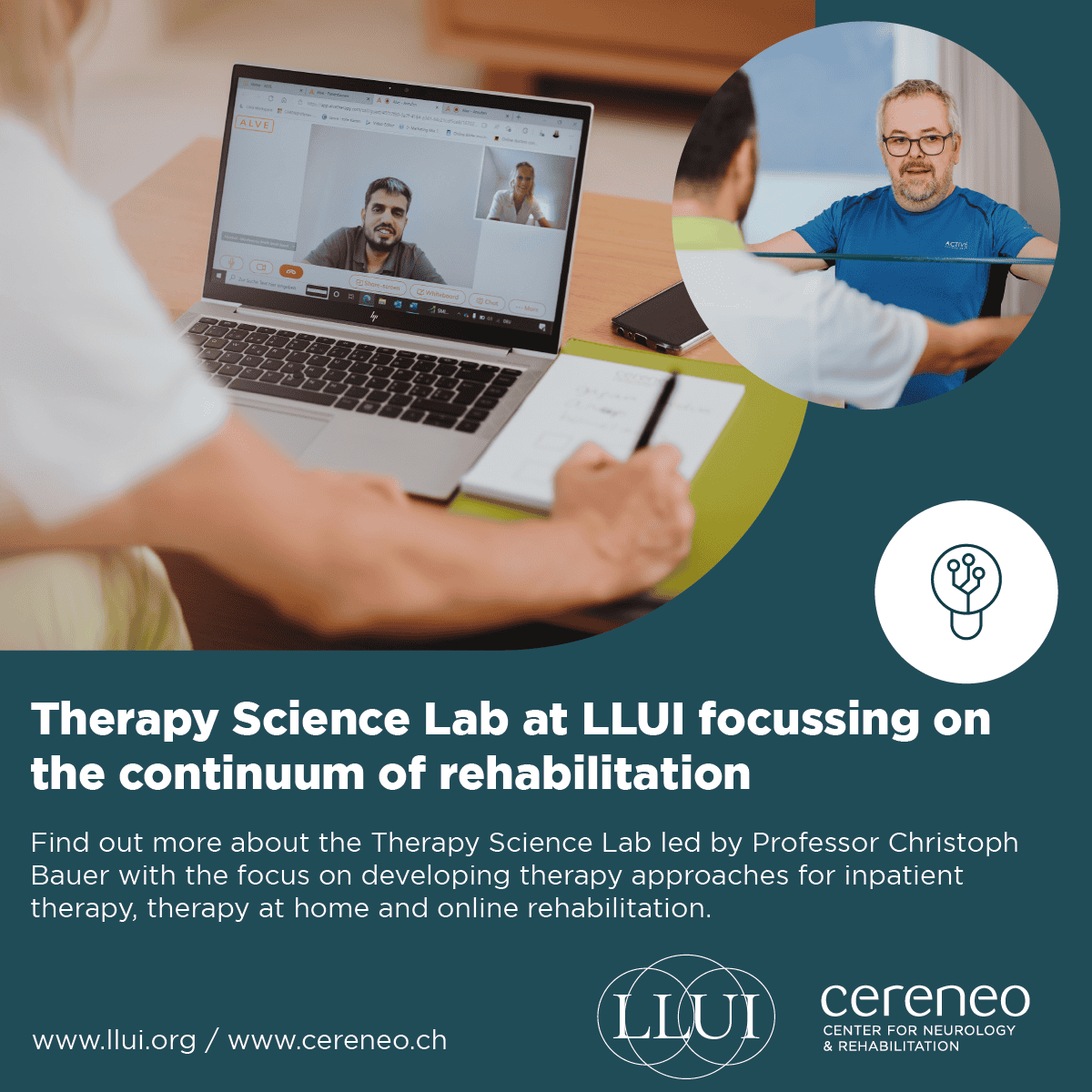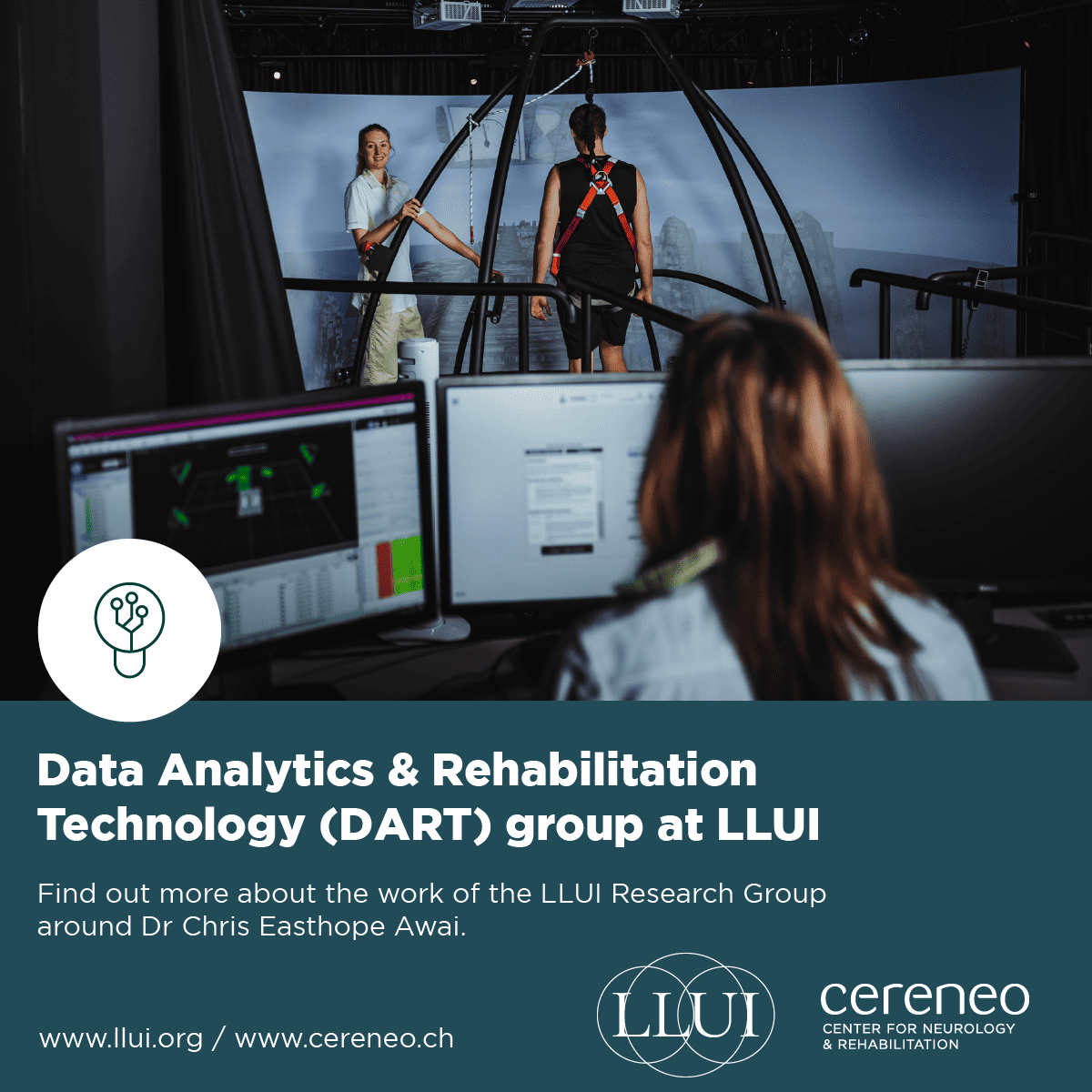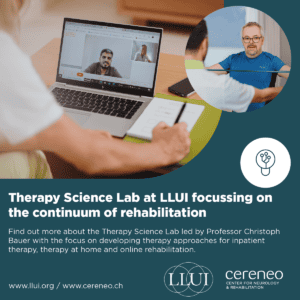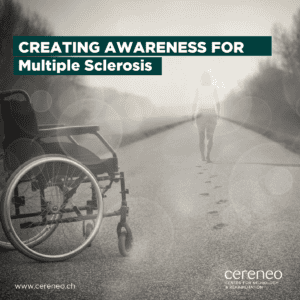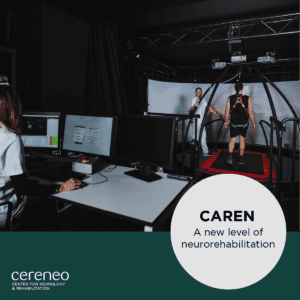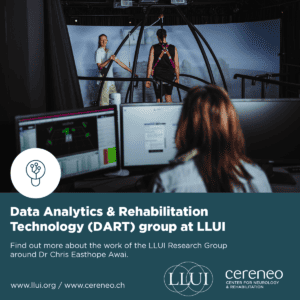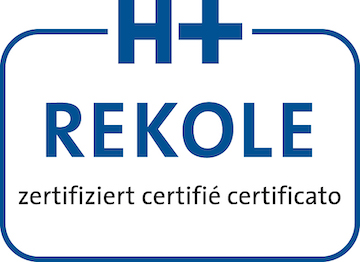With 2018 coming to an end, lots of people try to eat healthier, be more productive or vow to go to the gym more frequently – often known as new year’s resolutions (NYR).
’’A person who commits to a resolution like that typically does so because he or she experiences peer pressure at the start of the New Year, from the family or a similar social group that a person is part of,’’ says Dr. Kai Lutz, Scientific Director at cereneo. Social gatherings may cause overconfidence which can result in people setting too many or resolutions that are unrealistic.
How to stick to your resolutions and how to encourage them to continue?
Dr. Lutz explains that ‘’during the holiday season, one might have spare time to contemplate what is important to them, but it is simply insufficient to set these kinds of goals without having a concrete idea of how to reach them.’’
What’s most important is to look at real reasons behind someone’s attempt to change an undesired behaviour or to set a specific goal.
The same applies to neurorehabilitation and stroke recovery. Tracing a person’s progress provides everyday motivation for our therapists, nurses and physicians, making them stretch boundaries to achieve the best possible result together with our patients. Prof. med. Andreas R. Luft, Medical Director at cereneo points out that ‘’a critical factor in the recovery process and to ensure maximum patient motivation, is the active involvement of patients and their social environment.’’
Dr. Lutz admits that he also gave in to peer pressure by formulating a new year’s resolution a few years ago. ‘’I said that I would pursue a sports or training goal and reach it by the end of that summer, which I felt was set high but reachable. Committing to it in front of a group might have changed some of the intrinsic motivation to extrinsic, and of course I had one more reason to stick to a training plan despite unfavourable weather conditions, bad mood, time constraints and the like.’’
Finding yourself in a situation that involves positive peer pressure from trusted, valued peers or persons close to you could be a valid way to create accountability and stick with that new behaviour.
Even if limited, the brain possesses re-learning functions and self-healing abilities that require targeted training. In neurorehabilitation for example, these self-healing abilities can be supported and accelerated through therapy as well. The more personal and intensive, the more effective it is.
Dr. Lutz concludes: ‘’It is important to understand that also at an older age, when receiving appropriate stimuli, the brain is always able to learn.’’
